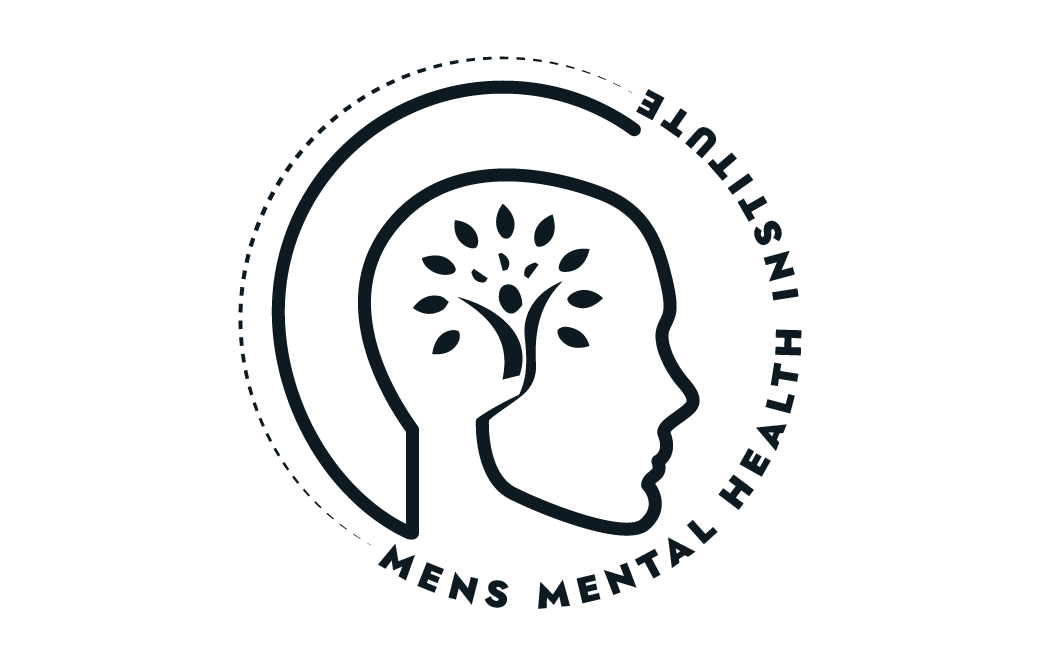When Love Keeps Falling Apart: The Hidden Patterns Behind Broken Relationships
You’ve probably said this to yourself before: “I tried. I gave my all. Why does it always end the same?”
Maybe you start out hopeful, even passionate. Then, somewhere along the way, things turn. The distance sets in. The fights start. You stop talking. Or maybe she says you’re emotionally unavailable, even though you’ve been carrying the weight of the whole relationship.
From a behavioral standpoint, many of us are unconsciously repeating learned dynamics, reenacting what we saw growing up, or responding to pain we’ve never unpacked. From an evolutionary angle, we’re wired to seek connection, but also to protect ourselves from rejection, betrayal, or shame. That internal conflict sabotages intimacy. We crave closeness but fear what it might cost us.
Modern men are often told they’re too distant, too nice, too needy, too alpha, too emotional, or not emotional enough. And most of those labels are garbage, built on quick diagnoses instead of actual understanding.
Here’s the reality: most relationships don’t fail because of one big thing. They fail because two people are unconsciously reacting to old pain, mismatched expectations, and poor emotional training. And men are rarely shown how to process or lead through this.
Add to that the failings of the mental health industry, over-diagnosing partners instead of exploring emotional systems, or pushing communication tools without teaching nervous system regulation, and you get men who feel deeply misunderstood, emotionally blamed, and isolated within their own relationship.
The problem isn’t that you’re broken.
It’s that no one ever showed you how to identify patterns that break relationships before they even begin.
Therapeutic Strategies That Rewire Relationship Patterns
Real transformation doesn’t happen by talking about surface issues. It happens when you trace the source code of your relationship dynamics, and then rewrite it.
Attachment Style Work & Core Wound Exploration
Most men are operating from hidden emotional wounds, fear of abandonment, fear of not being good enough, or fear of being controlled. Therapy helps you trace these roots, not just to explain your behavior, but to take command of it. We use practical exercises to recognize when your attachment system is activated, and how to respond without sabotaging connection.
Cognitive-Behavioral Mapping
CBT-style frameworks help men see the beliefs and thought loops that drive relationship breakdown. If you’re thinking “She’s going to leave me” or “I can’t ever win,” your actions will unconsciously push toward that outcome. Identifying those thoughts gives you leverage. We help you create alternate scripts that reinforce strength, safety, and clarity.
Emotional Regulation & Conflict De-escalation Skills
Most relationships fail during conflict, not because of what is said, but how it’s said. We use DBT tools and somatic techniques to help you de-escalate arguments, hold boundaries without exploding, and communicate your needs without folding. When you change the way you respond in pressure moments, the whole dynamic shifts.
Redefining Masculinity in Love
Many men have been taught that leading in love means controlling, fixing, or staying emotionally cold. That’s outdated. True leadership in a relationship means knowing when to soften and when to stand firm. We help you learn how to be emotionally available without being dominated, and how to create polarity that builds desire and respect, not resentment.
Shadow Work & Integration
We guide you through Jungian-style inner work to confront the parts of you that get triggered in love, the needy boy, the angry protector, the perfectionist, the avoider. Instead of suppressing these parts, we teach you how to integrate them. They become assets, not liabilities.
What You Gain When You Break the Cycle
In love, you finally stop picking or tolerating partners who reflect your wounds instead of your worth. You start attracting, or building with, women who meet you in mutual emotional maturity, sexual polarity, and trust. You no longer need to perform to keep someone’s love. You lead with integrity and authenticity.
In life, you stop carrying emotional baggage from one relationship to the next. You build resilience, so even if things go wrong, you know you won’t. You become someone who handles rupture without falling apart, and someone who builds bonds that last.
In wealth, emotional clarity translates into power. Clear relationships lead to clear minds, minds that make better decisions, take bigger risks, and command more respect in business and leadership.
In mental health, you replace shame with insight. Instead of beating yourself up over failed relationships, you learn to analyze, learn, and level up. You become a man who understands love, not as a mystery or a battle, but as a system that you can now navigate and master.
Most men don’t fail in relationships because they’re unlovable.
They fail because no one taught them how to do love in a way that honors both strength and vulnerability.
Now? It’s your time to learn, and lead, from that place.








